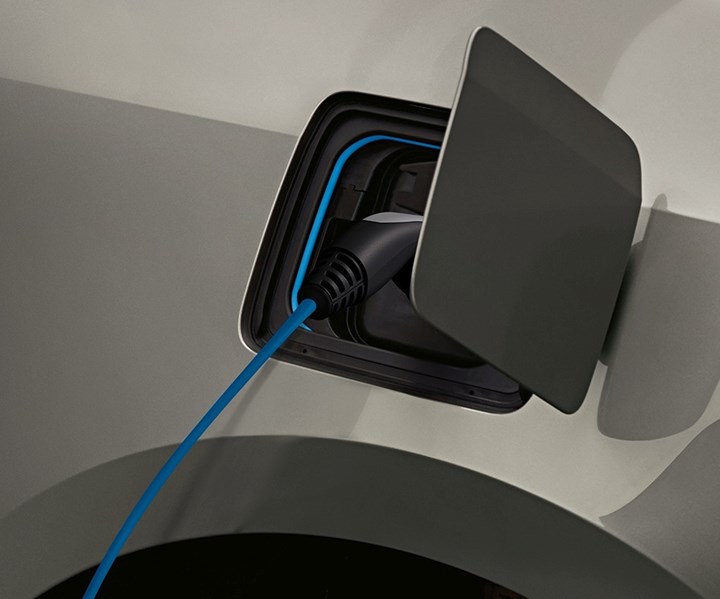SGL Carbon to manufacture composite battery enclosures for BMW Group
The company will produce glass fiber-based cover plates to be used on battery enclosures for a future BMW plug-in hybrid vehicle model.

Source | SGL Carbon
SGL Carbon (Wiesbaden, Germany) reported on April 21 that it has been selected by BMW Group (Munich, Germany) to produce a glass fiber-based cover plate to be used on battery enclosures for a future plug-in hybrid vehicle model. SGL Carbon had previously announced that it had built prototype battery covers for Chinese automotive manufacturer NIO and had received an order from an undisclosed North American automaker and a European sports car manufacturer.
According to SGL Carbon, composite materials are suited for electric vehicle battery enclosures both because of their light weight, which enhances the vehicle's range, and because of their high stiffness. Composites, SGL says, are also able to meet high requirements for water and gas tightness, feature excellent fire protection properties, improve structural stiffness of the underbody and optimize thermal management. Carbon fibers are ideal for stressed structures or load-bearing elements, such as the underbody panels and side frames. For components subjected to less stress, such as battery box covers, glass fibers or a fiber mix may suffice, SGL says.
“Driven by advancing developments in electromobility worldwide, our innovative solutions for battery enclosures made of fiber-reinforced plastic are becoming more and more of a growth driver for SGL Carbon,” says Sebastian Grasser, head of the automotive segment in the Composites – Fibers & Materials business unit at SGL Carbon.
In addition to the new application for the hybrid model battery enclosure, SGL Carbon will continue producing carbon fiber-reinforced plastic components for the BMW i3 and delivering materials for the Carbon Core body of the BMW 7 series. SGL Carbon has also been nominated to supply carbon fibers, textiles and stacks for the BMW iNEXT, set to be launched in 2021.
Related Content
-
Plant tour: Joby Aviation, Marina, Calif., U.S.
As the advanced air mobility market begins to take shape, market leader Joby Aviation works to industrialize composites manufacturing for its first-generation, composites-intensive, all-electric air taxi.
-
SMC composites progress BinC solar electric vehicles
In an interview with one of Aptera’s co-founders, CW sheds light on the inspiration behind the crowd-funded solar electric vehicle, its body in carbon (BinC) and how composite materials are playing a role in its design.
-
ASCEND program update: Designing next-gen, high-rate auto and aerospace composites
GKN Aerospace, McLaren Automotive and U.K.-based partners share goals and progress aiming at high-rate, Industry 4.0-enabled, sustainable materials and processes.

.jpg;width=70;height=70;mode=crop)














